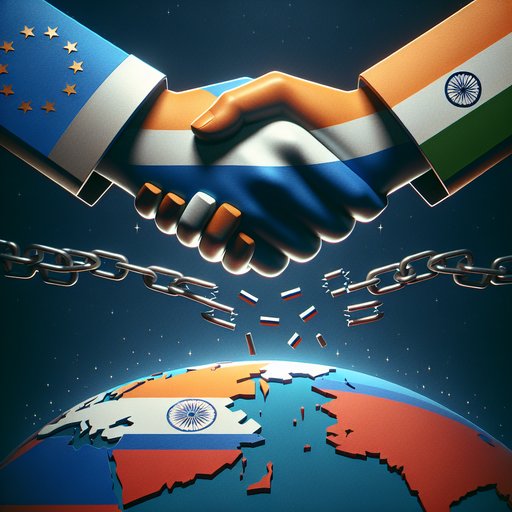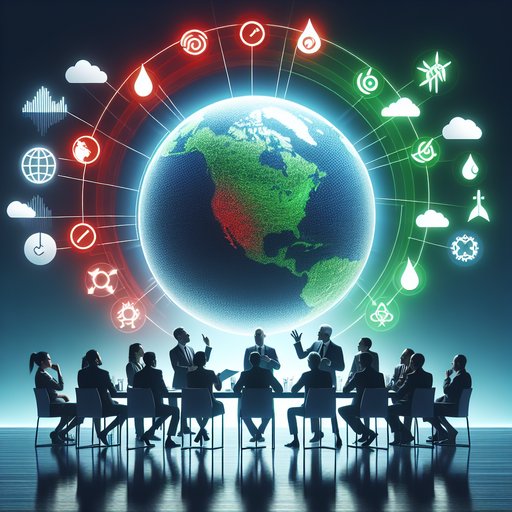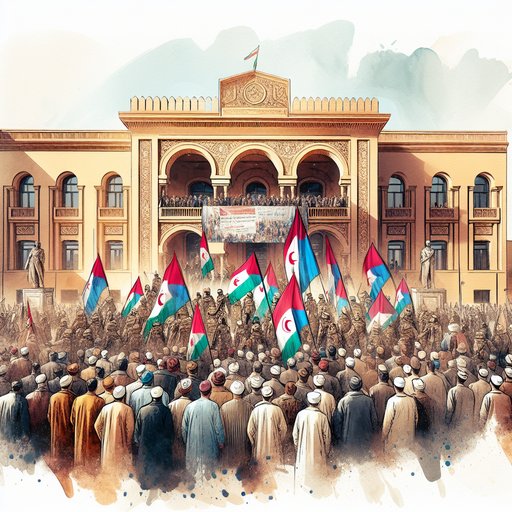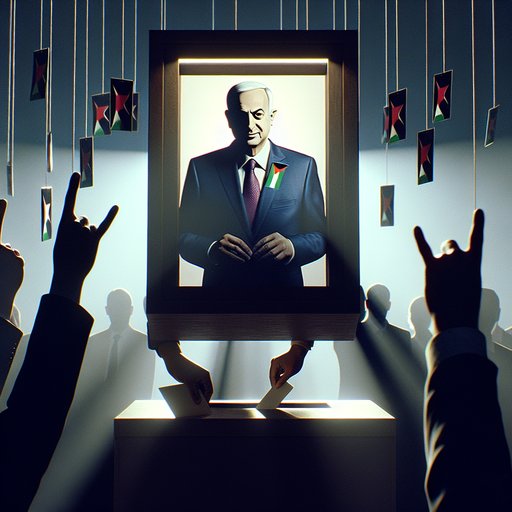
In a significant diplomatic confrontation, India has strongly pushed back against Western pressure over its Russian oil purchases, highlighting what it calls hypocritical trade policies by the US and European Union. The dispute has exposed growing tensions between Western sanctions regimes and the economic interests of emerging powers, as India points to continued European energy dealings with Moscow [1].
UPDATE: After the meeting between US envoy Steve Witkoff and Russian president Vladimir Putin, the USA has decided to raise the import tariffs for India to a staggering 50%.

Major budget cuts proposed by the Trump administration are sparking controversy as they target both domestic public broadcasting and international aid programs. The sweeping proposals have drawn criticism from Democratic lawmakers and public health experts who warn about potentially devastating impacts on both American public media and global health initiatives.

In a significant shift in U.S. climate policy, the Environmental Protection Agency has initiated steps to revoke the "Endangerment Finding," a cornerstone regulation that has enabled the agency to control greenhouse gas emissions for over a decade. This move represents one of the most substantial attempts to reshape American climate policy [1].

A series of significant court rulings has reshaped the landscape of U.S. immigration enforcement, with federal judges pushing back against sweeping deportation measures and asylum restrictions. The decisions come amid growing tensions over immigration policies both domestically and internationally, with similar debates playing out across Europe and other regions.

A significant development in EU-US trade relations has emerged as the United States postpones the implementation of its proposed 15% tariff rate on European Union exports. According to [1], both parties have agreed to extend negotiations for another week, signaling potential progress in resolving their trade disputes.

Morocco's proposal for resolving the long-standing Western Sahara dispute has received unprecedented international backing, marking a potential turning point in one of Africa's most protracted territorial conflicts. King Mohammed VI recently highlighted growing global support for Morocco's autonomy plan while expressing readiness to address regional tensions, particularly with neighboring Algeria [1].

In a controversial move that has drawn sharp criticism from climate scientists and environmental experts, the Environmental Protection Agency is attempting to challenge the long-established understanding that greenhouse gases pose a danger to human health and welfare. This effort to reverse the "endangerment finding," which has been the legal basis for regulating greenhouse gas emissions in the United States, represents a significant potential setback for climate policy [1].

In a significant diplomatic move, British Prime Minister Sir Keir Starmer has announced that the United Kingdom will recognize Palestinian statehood in September, unless Israel takes "substantive steps to end the appalling situation" in the region [1]. This decisive shift in UK foreign policy has already sparked reactions from multiple sides, marking a potential turning point in Western diplomatic approaches to the Middle East conflict.

A significant legal challenge to law enforcement overreach has emerged as a police officer faces a First Amendment lawsuit after allegedly attempting to run over a protester. The case highlights ongoing tensions between law enforcement and citizens' constitutional rights, particularly regarding freedom of speech and the right to protest. The lawsuit gained attention after another officer involved claimed that "one person is not a protest" and that "filming is not a First Amendment right" [1].

A major diplomatic development unfolded as Thailand and Cambodia agreed to an "immediate and unconditional ceasefire" after high-level talks in Malaysia. The breakthrough came after mounting international concern and the explicit intervention of the United States, which signaled it would freeze trade negotiations if hostilities persisted. The agreement not only halts violence at a critical moment but also offers hope for lasting peace and stability in the region, marking a significant step forward for Southeast Asian diplomacy [1].
























